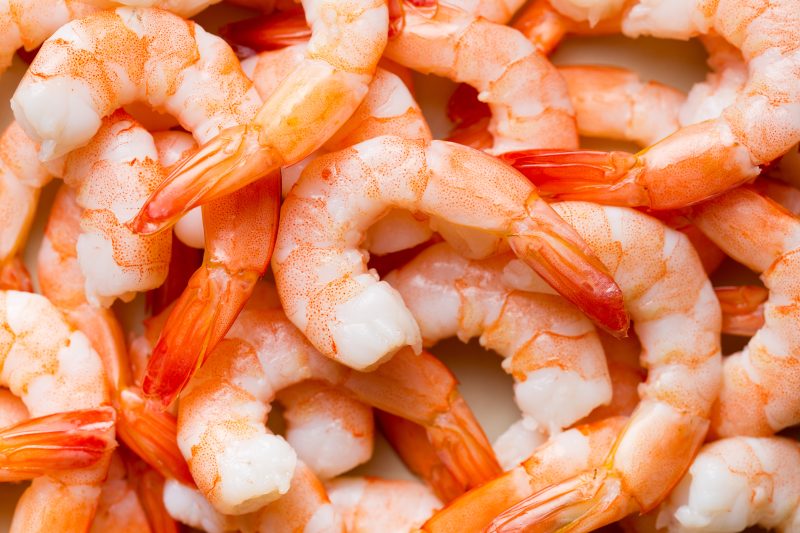
Red Lobster says unlimited shrimp promotion was too popular and too cheap
Red Lobster’s parent company, Thai Union Group, disclosed earlier this month that the seafood chain took an unexpectedly large loss in the third quarter of the year because its $20 shrimp promotion wasn’t very profitable and was more popular than the company anticipated.
‘The proportion of the people selecting this promotion was much higher compared to expectation,’ Chief Financial Officer Ludovic Garnier said in Thai Union Group’s investor and media presentation Nov. 7.
Red Lobster has had an all-you-can-eat shrimp promotion for years, but this year it changed the shrimp deal from a limited-time offer to a permanent one. The company wanted to boost traffic in the third and fourth quarters of the year, when its business tends to slow down.
Garnier said the strategy worked, bringing in customers and bolstering Red Lobster’s market share. But the improvement wasn’t as large as the company expected, and combined with the low margins on the surprisingly popular deal, that presented a problem.
He said U.S. consumers are getting more budget-conscious, meaning they are eating at less-expensive restaurants and even ordering cheaper items when they go out. That contributed to the unexpected popularity of ‘Ultimate Endless Shrimp.’
While the deal brought in some more customers, Garnier’s comment suggested that people who might have ordered something on the menu that was more lucrative for Red Lobster instead traded down to the unlimited shrimp instead.
‘We knew the price was cheap, but the idea was to bring more traffic in the restaurant,’ he said.
In response, the company gradually raised the price on the shrimp item from $20 to $22 and now $25.
“It’s one of the iconic promotions for Red Lobster, so we want to keep it in the menu but, of course, we we need to be much more careful regarding what is the entry point and what is the price point we’re offering for this promotion,” Garnier said.
The company had expected Red Lobster to lose money in the second half of the year, but it lost more than Thai Union Group anticipated because of that shift in consumer spending and the performance on the ‘Ultimate Endless Shrimp’ promotion.
Combined with problems in other divisions, that contributed to Thai Union Group saying it will take a larger loss this year than it originally expected.
Thai Union Group invested in Red Lobster in 2016 and, combined with a group of other investors, it bought the rest of the company from Golden Gate Capital in 2020.
Bloomberg News reported in March that Thai Union Group might sell its stake in Red Lobster if its performance didn’t improve.
